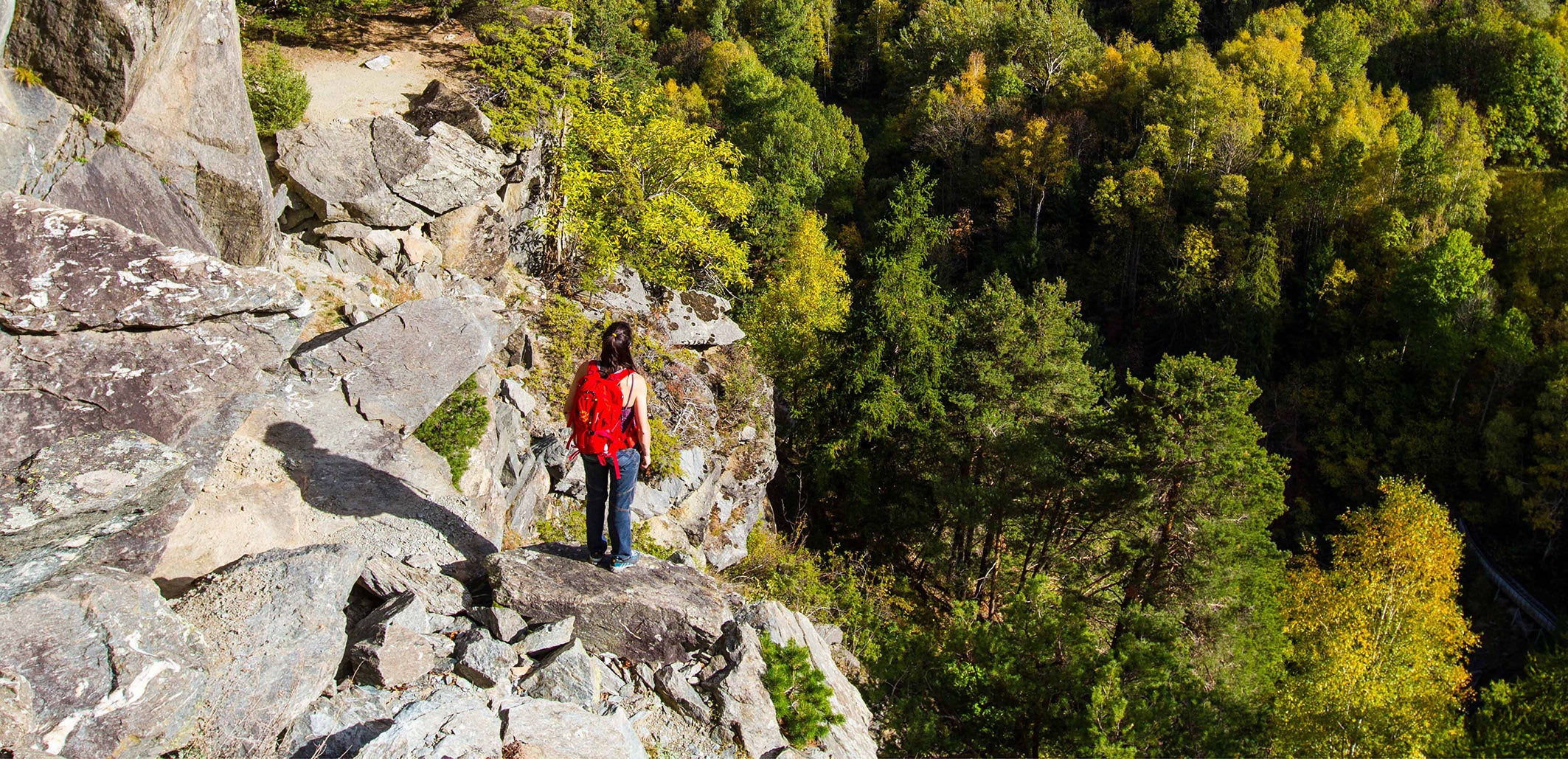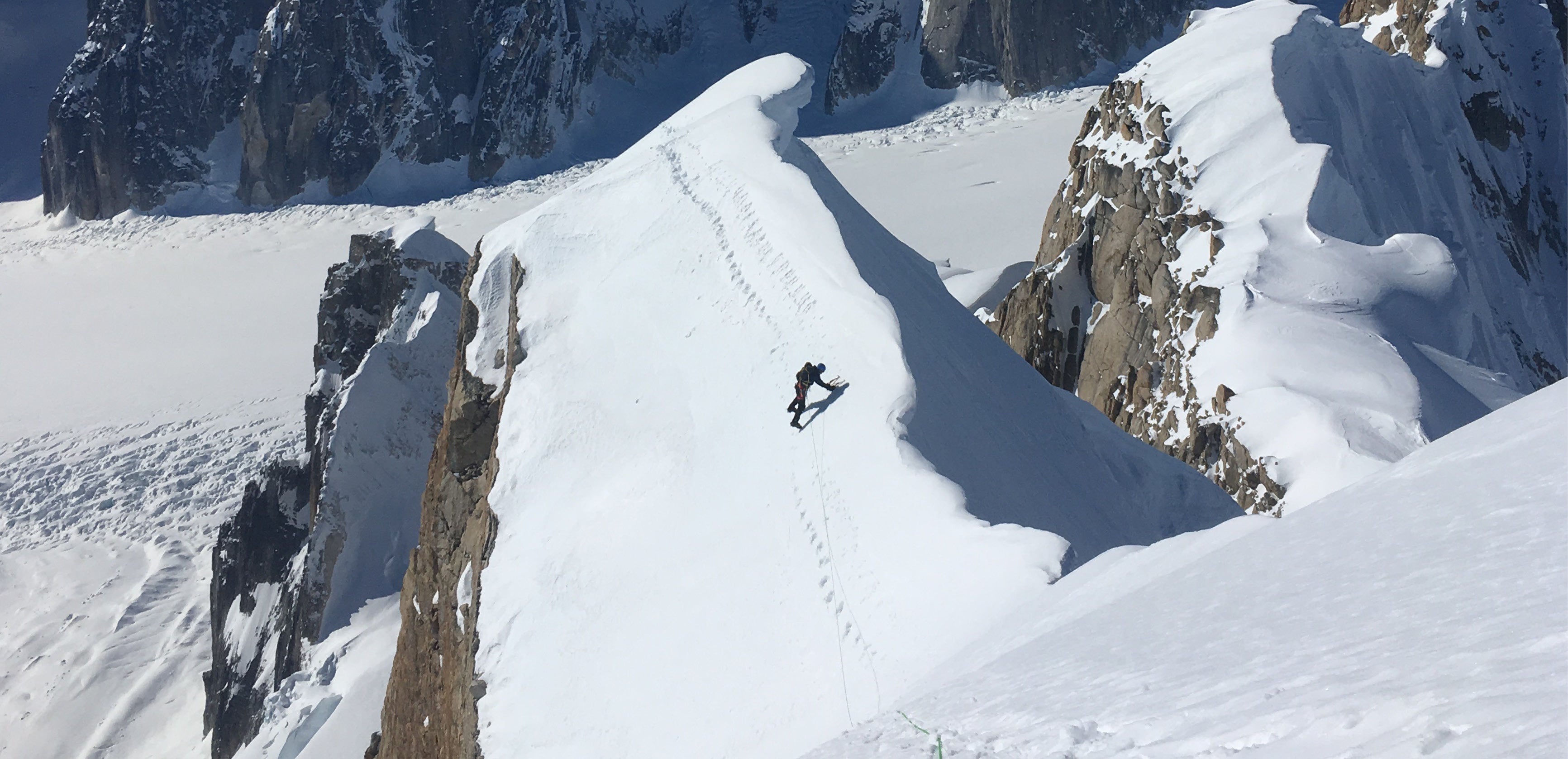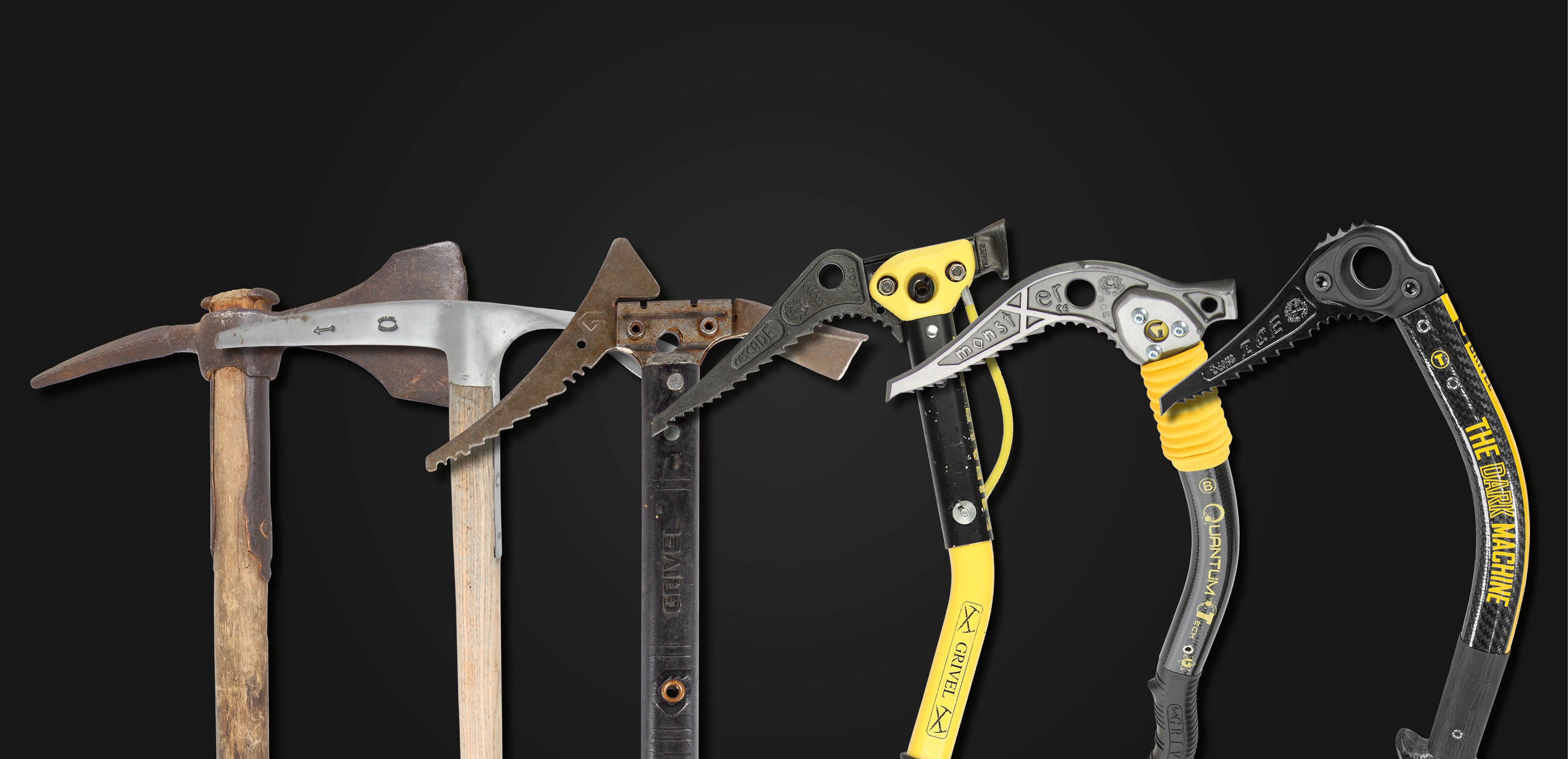
Mountain therapy by Anna Torretta
Published on 30/10/20
This is a story of a crazy adventure, which will excite you, it is a story of sharing and listening. It is not the story of a personal enterprise, but that of a group that grows, changes, interacts and reaches a goal. It is an unprecedented project in the Aosta Valley that has had results far beyond expectations.
"Flight! Zorba! I can fly! " he screamed euphorically from the vast gray sky.
The human stroked the cat's back.
“Well, cat. We did it,” he said with a sigh.
"Yes, on the edge of the abyss he understood the most important thing," Zorba meowed.
"Oh yes? And what did you understand? " asked the human.
"That only those who dare to fly, can fly"
Story of a seagull and the cat that taught her to fly, Luis Sepúlveda, 1996.
I'll tell you the story through the words of the guys who participated and continue to participate in the project.
Sepulveda's words were reported by one of them because they reflect the sensations that climbing generates.
“Climbing is to love, to love even that most difficult part when you are one step away from the finish line. The meaning of how fascinating an experience is, is found in ourselves, fatigue, fear, beauty, courage, happiness, lightheartedness, attention. All emotions that put together form freedom. "
Laura
“The hardest part is getting a map of what can be done. Realizing that you can do it is wonderful. That hand that slowly comes out of the bag, tied to the waist with a thread, and rests on the bare rock…. with trembling feet, the hand finds a foothold: three fingers ensure the next step. Climbing is observation, research and balance.
Gio
“With your feet on the ground and your head turned upwards looking at the top of the wall, it seems impossible to get there. But when you start putting your first foot on the hold and then start climbing, you realize that climbing is possible. One foot after another, one hand in front of the other, the finish line is getting closer and closer. The effort is rewarded by the satisfaction of having succeeded and when you can let go you feel light.
Ada This is how the “Safe Prospects” Project was born, as a therapeutic and educational offer for adolescents and young adults in charge of the Mental Health Department of Aosta who have a disability linked to mental health and psychological distress that often places them in situations of marginalization, discrimination and stigmatization.
This is how the “Safe Prospects” Project was born, as a therapeutic and educational offer for adolescents and young adults in charge of the Mental Health Department of Aosta who have a disability linked to mental health and psychological distress that often places them in situations of marginalization, discrimination and stigmatization.
There are many re-educational aspects, and climbing is part of the path undertaken, because it can lead children to recognize their own limits and abilities. A path that we athletes face every day, but which for the rest of the world is not obvious.
From the first moment for us Mountain Guides it was not all for granted, the boys are used to talking about their problems and also to make fun of themselves, and we were not prepared to make irony about their weaknesses, which we are not required to know. The first lesson on knots that can be done with ropes and their correct use was striking! Because you hang your waist from a rope, but you can also hang it by the neck, and not figuratively!
The Guides then embarked on training days with the educators and the psychiatrist who follows the group, to better clarify the dynamics and objectives of the climbing sessions. We understood that children must regain possession of normality, of themselves, and pass from what is seen as a limit at first, to acceptance and understanding of the problem through the gesture of climbing, returning to a situation of mastery of their own life, in a happy and carefree way.
But we went back to doing exactly the same work we do with all customers, but working in synergy with other professionals. Together with the educators, we are also able to get the psychiatrists to climb, who, sweaty and tired, have created the engine that climbing gives children, as if to say: from theory to practice. A naturalistic guide for excursions also worked on the mountain therapy project.
For the rest, the course was held, like any climbing group, with people more motivated than others, but the objectives were achieved for everyone: self-knowledge, control of emotions, management of stress and fear, but also of fatigue.
The results, after 15 meetings on the climbing wall and in natural gyms, in the space of a year were: the halving of hospitalizations and the reduction of therapy as needed.
Following this result, the Valle d'Aosta region decided to fund the project continuously for the following years from 2019.
And today in the days of the Corona Virus I motivate the boys via whatsapp, with small exercises that form the training day by day, to feel good about themselves and they send me super motivated videos, each in his/her own way, each in his/her style, ready to show that they give the best of themselves. From this January we started working on another project with autistic children, taken individually or in pairs. The first time the boys, fearful of physically entering the climbing wall and starting, were taken by the hand and after a while, tied to the rope, already climbing a few meters, they immediately expressed an unexpected desire to communicate the emotions they felt, overcoming the handicap of the disease and someone did not even want to stop!
From this January we started working on another project with autistic children, taken individually or in pairs. The first time the boys, fearful of physically entering the climbing wall and starting, were taken by the hand and after a while, tied to the rope, already climbing a few meters, they immediately expressed an unexpected desire to communicate the emotions they felt, overcoming the handicap of the disease and someone did not even want to stop!
The mountain has given me so much, and sometimes it is worth looking back and giving back what it has given me.
Anna Torretta
The names are fictitious, the boys involved in the “Safe Prospects” project were 18, 9 girls and 9 boys, aged 16 to 28. The mountain guide Max Gianchini worked with me.

Anna Torretta, Coumayeur - Italy, 49 years old, mountain guide since 2000, first and only female member of the Courmayeur Alpine Guides Association.


